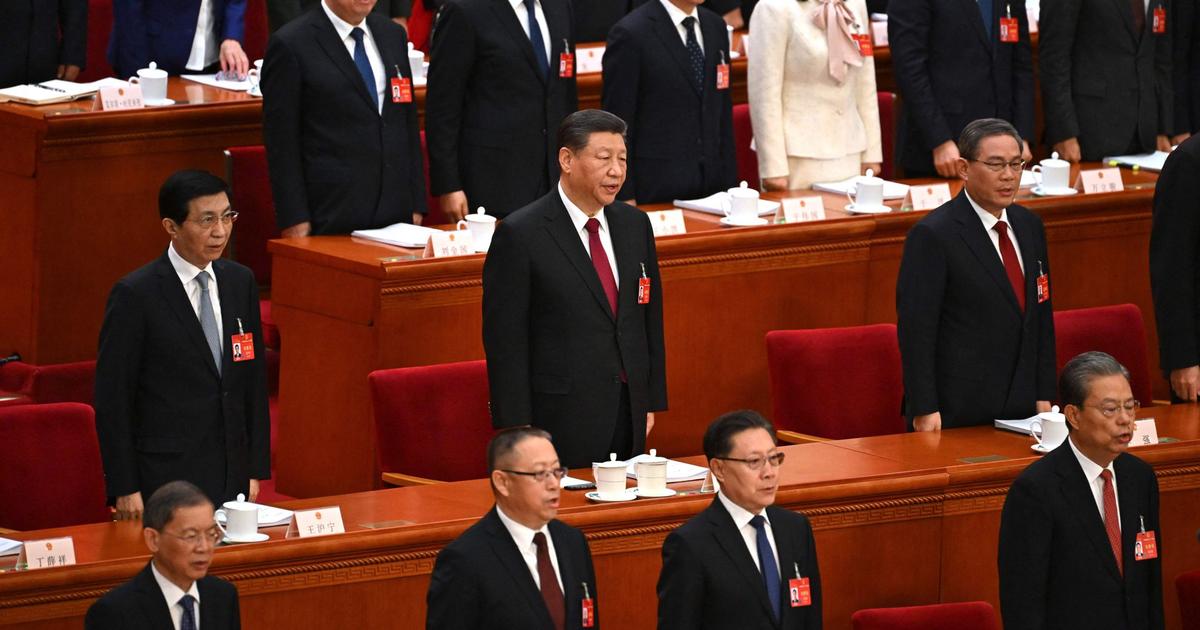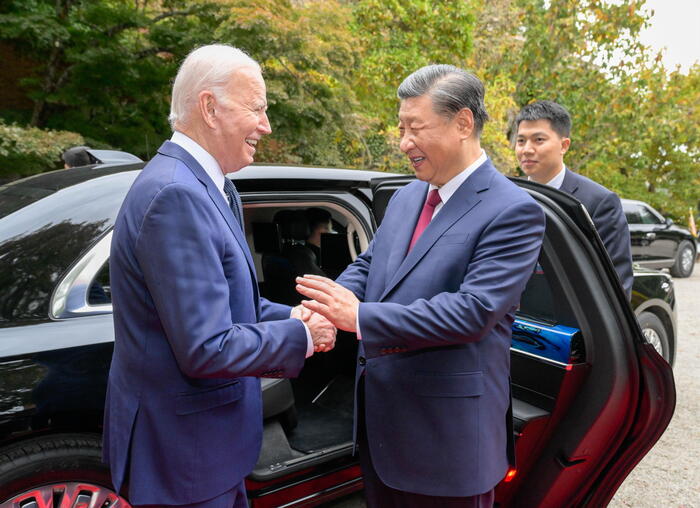In the summer of 2021, the Chinese Government announced the policy today known as "double reduction": the illegalization of the private tuition market accompanied by a reduction in the load of homework and homework.
The measure surprised locals and strangers, especially due to the enormous volume that by then the large Chinese private
online
tutoring companies had acquired , which had been looked upon favorably, if not encouraged and supported, by the Government.
Suddenly, however, official war was declared on private classes, describing them as the greatest risk to educational equity and, therefore, to the well-being of the new Chinese generations.
Online
private tutoring companies
collapsed in the stock markets, laying off tens of thousands of workers, and those that did not disappear have been converted into more modest businesses, but not insignificant.
A year later, they offer their services outside of China—from Southeast Asia to, say, Australia and New Zealand—and develop "educational materials."
In the case of the largest companies, their listings on Wall Street are recovering so much that they are even listed as buying advice on investor platforms.
But what has happened to the more traditional private classes, that is, with the local private academies or with those given by the teachers themselves in the public system?
Would the Chinese Education Administration have enough monitoring and supervision capacity to enforce the double reduction policy offline as well?
Would families and schools accept the need to reduce the high degree of competitiveness of Chinese education, saving a lot of resources for the former and turning the school life of students into a more balanced experience with less pressure in the latter?
From the very beginning of the war in question, there were indications that victory was neither going to be easy nor would it come soon: as early as 2021, there was talk of groups of families organizing to hire private tutors for their children, sharing the expenses and the risks.
At the beginning of the 2021-2022 academic year, the Government reacted by creating hundreds of “student service centers” to offer free classes outside school hours to primary school students in large cities.
A new department was also created in the Ministry of Education with the sole mission of regulating and supervising any educational service offered outside the school.
Even so, just after 2022, Year II of this crusade, President Xi could be closer to losing the war than winning it.
home lessons
Let's look at some key facts, which are contrasted even though we cannot know the exact extent to which they are widespread: On the one hand, Chinese teachers continue to offer private classes to their students, in small groups and often at their own home.
This also occurs with tolerance and even with the support of school management teams.
On the other hand, many private tuition academies have renamed themselves “student service centers”, and the activities they organize function as a kind of cover for the real business, which continues to be private tuition.
This market, now clandestine, continues to operate without major setbacks because the local educational administrations, in charge of enforcing the double reduction, prefer to meet their targets for the percentage of passing exams (above all, that of access to the university) and receive Therefore, ending private classes would go against their interests and those of their administrators.
Although they punctually carry out periodic inspections, both of schools and of "attention centers", to ensure that private classes have been eradicated, they always find out when the inspection is going to take place, so that, no matter how legally that are carried out, the inspectors usually find nothing to denounce.
The private tutoring market survives in China, and in good health despite its outlawing, due to the confluence of interests between families, schools, teachers, and local education departments: everyone is under pressure to do well in exams and the availability of private classes seems crucial to them.
The tacit agreement between private tuition providers and local education authorities allows families and students to continue paying and consuming risk-free.
Officially, there are no private classes in China.
In practice, there are more than ever.
All players in the education sector boycott the ban, teachers who give private classes for obvious reasons, and local education authorities because they have had to choose between two objectives and responsibilities for which they are held accountable, and the double reduction seems to have gone losing.
Like a re- enactment
of Prohibition times in the
United States a century ago, drinking continues across the country, but it is not talked about in such terms.
Beyond rhetoric, the war against private classes is far from victory.
We will have to watch out for government counteroffensives in 2023.
Juan Manuel Moreno
is Professor of Didactics and School Organization at UNED.
You can follow EL PAÍS EDUCATION in
and
, or sign up here to receive
our weekly newsletter
.
Subscribe to continue reading
Read without limits
Keep reading
I'm already a subscriber

/cloudfront-eu-central-1.images.arcpublishing.com/prisa/67CBPTRVA5HPBGTJ2XDHGB5LHU.jpg)



